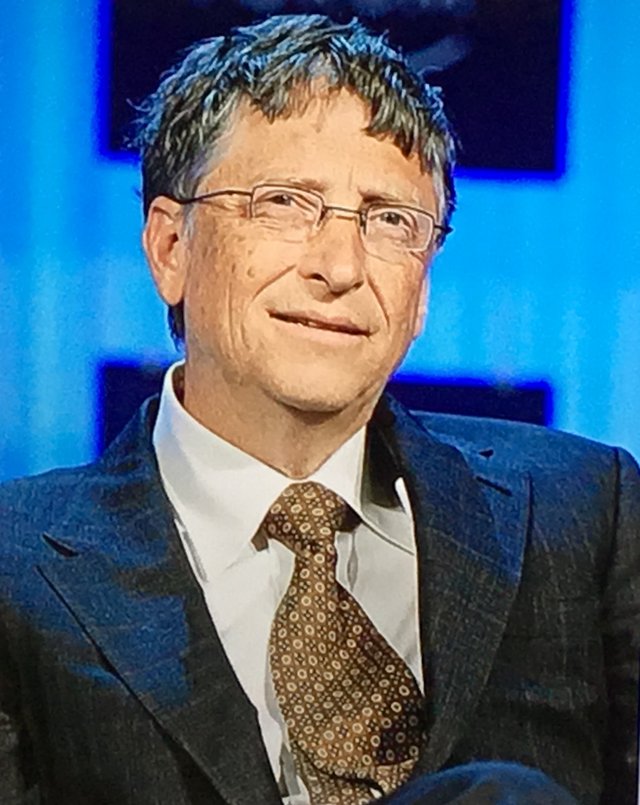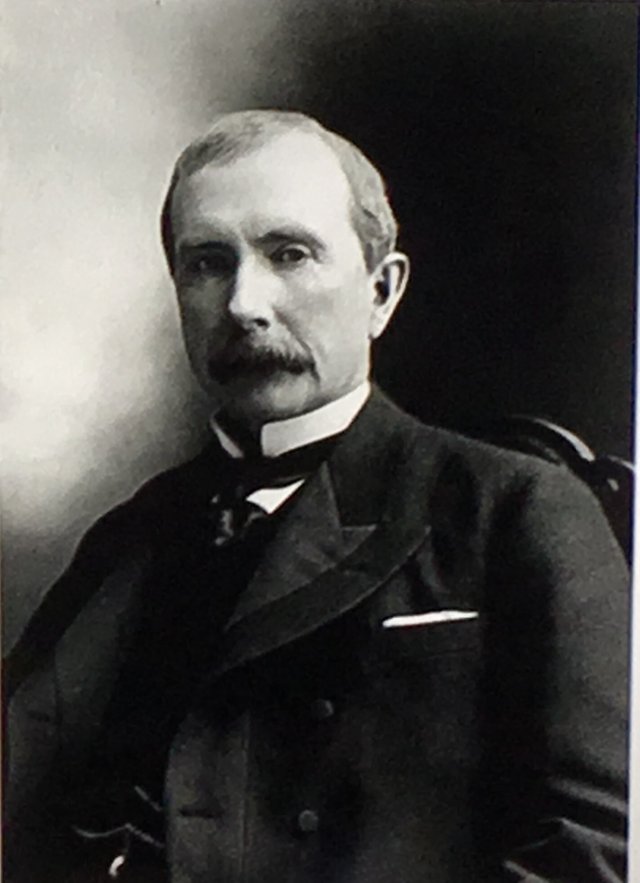Philanthropy: Praiseworthy Or Propaganda?
PHILANTHROPY: PRAISEWORTHY OR PROPAGANDA?
CHAPTER ONE
How will Bill Gates be remembered?
If this question had been asked in the 90s, I suspect most people would say the answer is obvious. He would be remembered as the co-founder of Microsoft, a feat of entrepreneurialism that resulted in him becoming one of the richest men in the world.
But there is another noteworthy thing that can be attributed to Bill Gates. For, as well as being extraordinarily rich, he can also be credited with remarkable acts of charity. In 2010, for example, he put $10 billion toward vaccines, which was the largest pledge ever made by a charitable foundation to a single cause. Also in 2010, Gates and Warren Buffet announced the ‘Giving Pledge’, so called because the wealthy people who sign it pledge to give away half their fortune to philanthropic and charitable causes.
So, there are two ways in which Bill Gates might be remembered. Chiefly as a businessman who accumulated great wealth or as a philanthropist who made big donations to worthy causes.

(Image from wikimedia commons)
That last legacy of being a great philanthropist sounds like an achievement that could only be viewed in a positive light. But, as with most things, there are two ways of looking at philanthropy. On the one hand, it can be seen as a justification for the social structures that enable some people to acquire disproportionate wealth, for it turns out that, however ruthless such people might have been in gaining their fortune, they ultimately had a significant altruistic side to their character, generously giving to worthy causes.
But, on the other hand, a more cynical way to look at it would be to say that it is really nothing but a band-aid to cover up the exploitative conditions that cause so many to need charity. If society was structured in such a way as to not allow the extent of inequality extreme wealth necessitates, those people would not have required charity in the first place. In short, these so-called philanthropists are just using a portion of their vast wealth in propaganda and token gestures while not really doing anything much to alter the structures they took advantage of.
Those opposing viewpoints have existed since the beginnings of modern philanthropy. By ‘modern philanthropy’, I mean large-scale philanthropy based in the private rather than the public sector.
There is general agreement among contemporary historians that modern philanthropy was invented by the great industrialists whose names are now synonymous with extraordinary wealth. John David Rockefeller, Andrew Carnegie, Cornelius Vanderbilt and people like that. These were legendarily ruthless businessmen whose rapaciousness earned them the title ‘Robber Baron’.
Rockefeller, for example, acquired his extraordinary wealth partly through industrial espionage. He sent spies into his competitors’ businesses in order to ascertain their financial situation. His own company (Standard Oil) would then lower the price of its own oil, making his rival hopelessly uncompetitive. Meanwhile, in other parts of the country, the price Standard Oil charged was increased in order to make up the difference. According to Dylan Ratigan, “in this way, the company charged its customers a premium to drive the competition out of business, which left those same customers even more dependent on Standard Oil. Rockefeller referred to this approach as ‘sweating the competition’”.

(Image from wikimedia commons)
By 1882 Standard Oil controlled up to 90 percent of the oil refining capacity in the United States. Seven years later its monopolistic grip had extended to retail, wholesale and oilfields as well. In Short, Rockefeller's tactics changed what had been a free market in oil with fluctuating prices adjusting with competitive supply and demand, to a rigged market where prices were stabilised at artificially high prices. That’s why people like him were called ‘robber’ barons. They used the free market mandate of increasing one’s wealth via whatever method you can get away with to ultimately end the free market and impose a monopoly that effectively took wealth away from people through rent extraction.
Like Bill Gates, Rockefeller went on to become the world’s richest man. Also, like Bill Gates, he went on to build a foundation-the Rockefeller Foundation-dedicated to philanthropic ventures. It was set up in 1910 from $50 million in Standard Oil stock and, by the time of his death in 1937, half of Rockefeller’s fortune had been given away. This legacy, along with the philanthropic acts of other 19th century American industrialists, can be seen in cities like New York. You would be hard-pressed to find a museum, art gallery, university, concert hall or charity that cannot trace its origins back to some such businessman.
But, as I said earlier, there has always been a more cynical way of looking at this. Businessweek highlighted this fact when they wrote, “John D Rockefeller became a major donor-but only after a public relations expert, Ivy Lee, told him that donations could help salvage a damaged Rockefeller image”. Put another way, according to this cynical view, Rockefeller was not actually interested in Philanthropy. After all, a true desire to promote social welfare necessarily seeks to fundamentally change the preconditions that are the root cause of social problems. What Rockefeller was doing was simply placating an angry public by throwing a bit of money at some public service or other, while not really doing much to alter the structures that enabled the few to gain so much at the expense of the many in the first place.
REFERENCES
“Greedy Bastards” by Dylan Ratigan
“Abundance” by Peter Diamandis and Steven Kotler
“The New Human Rights Movement” by Peter Joseph